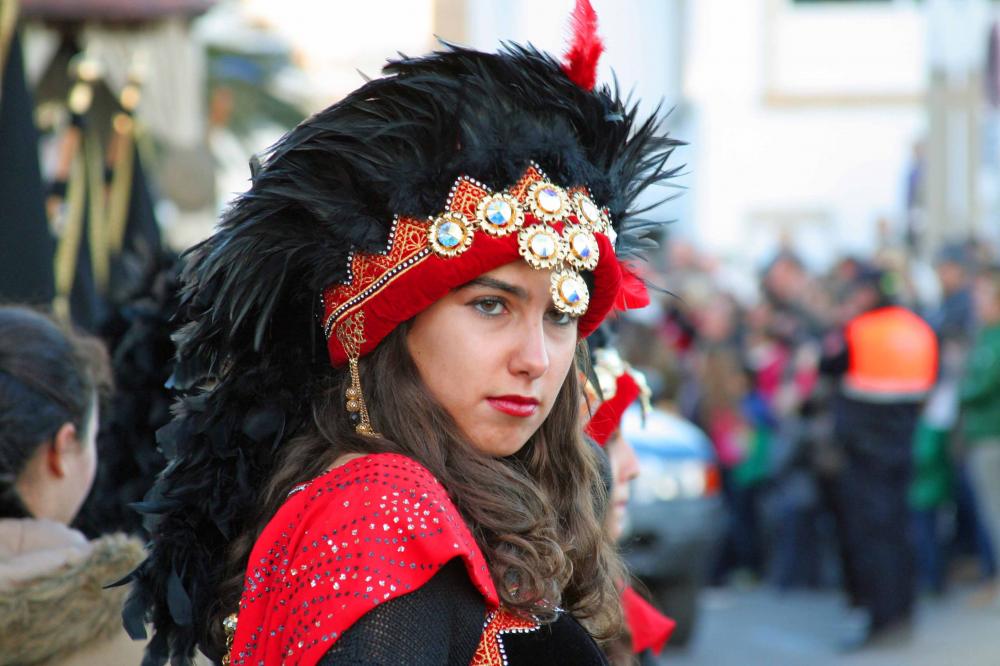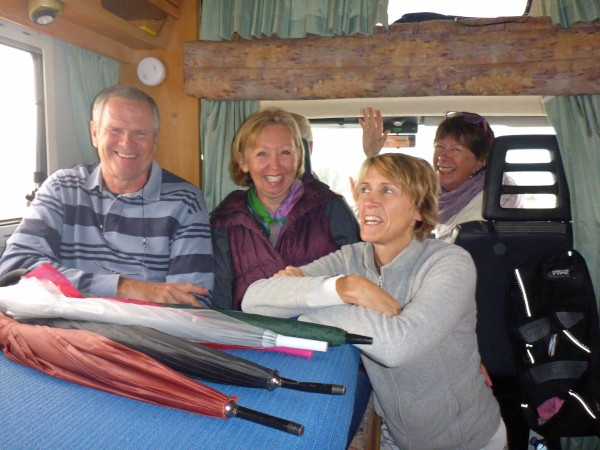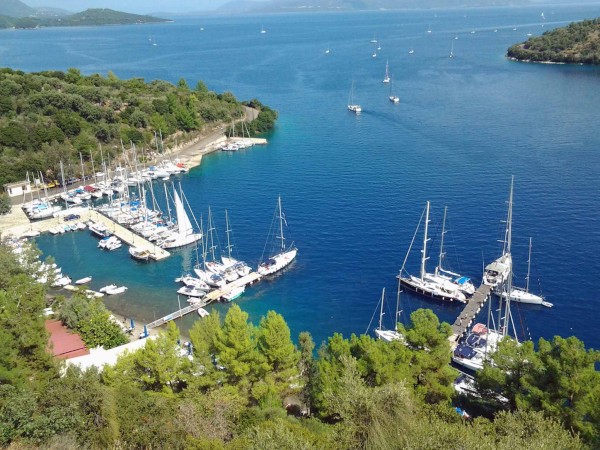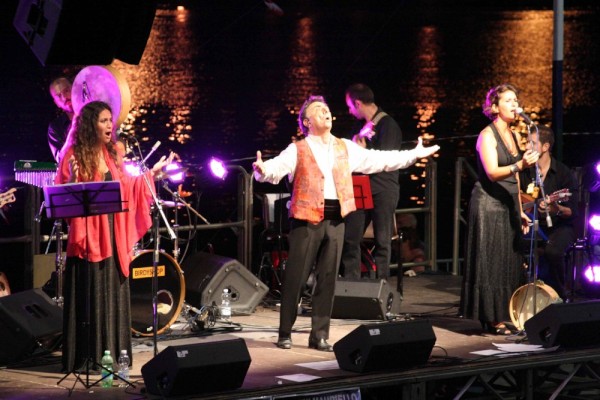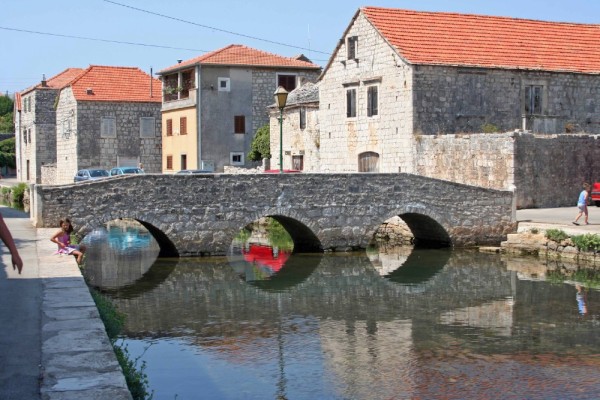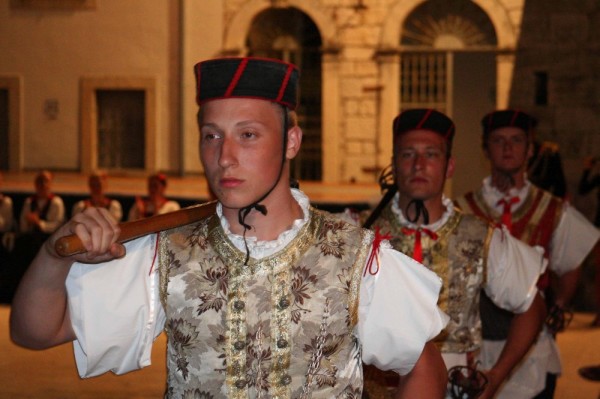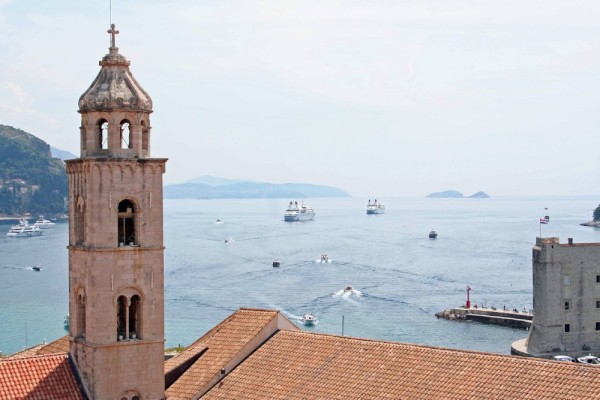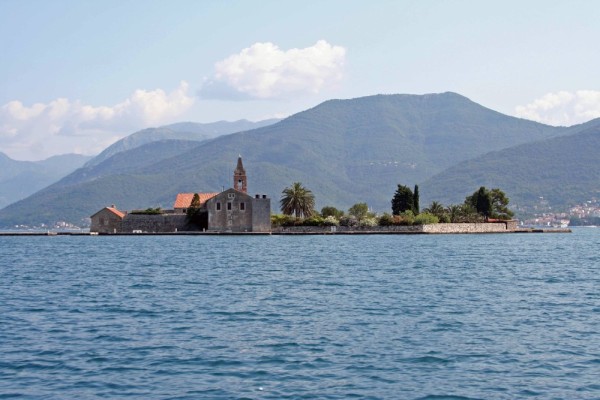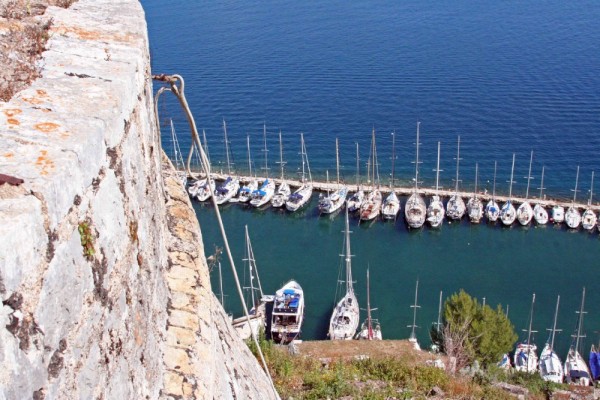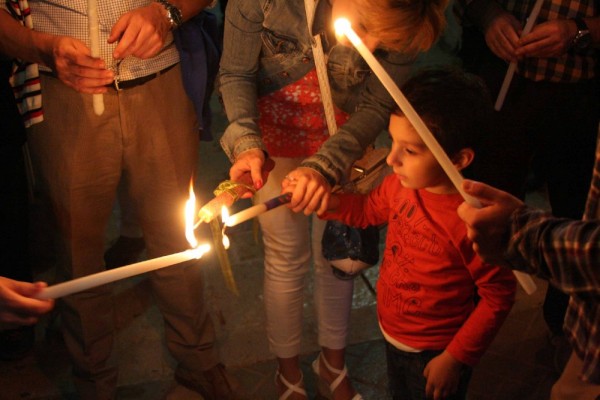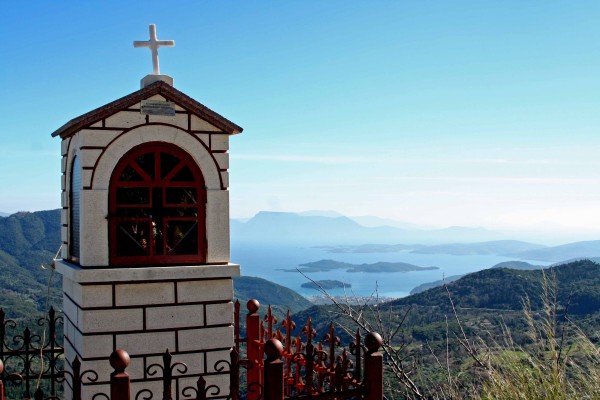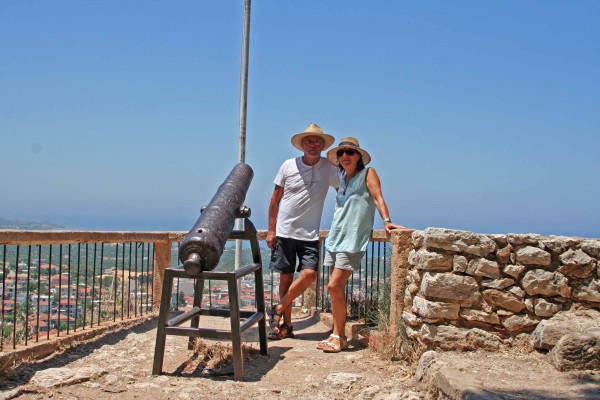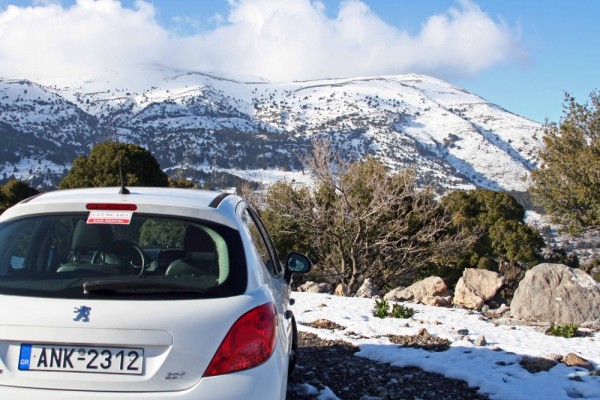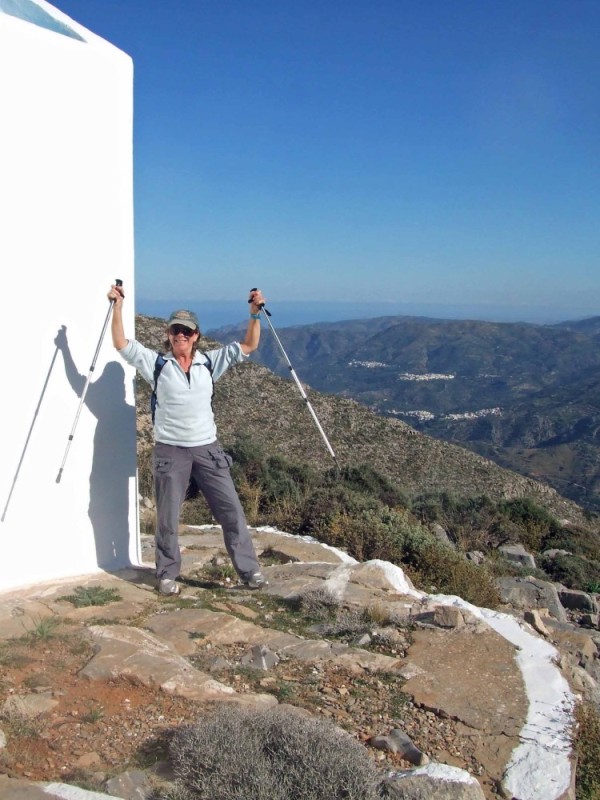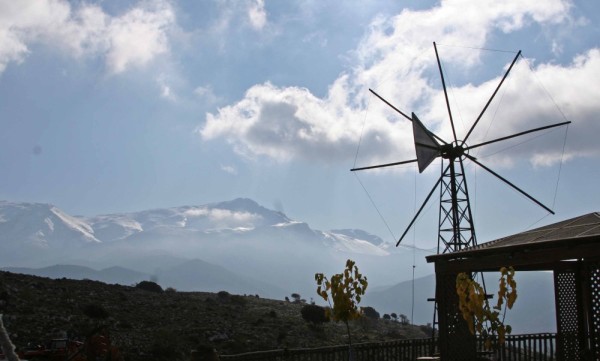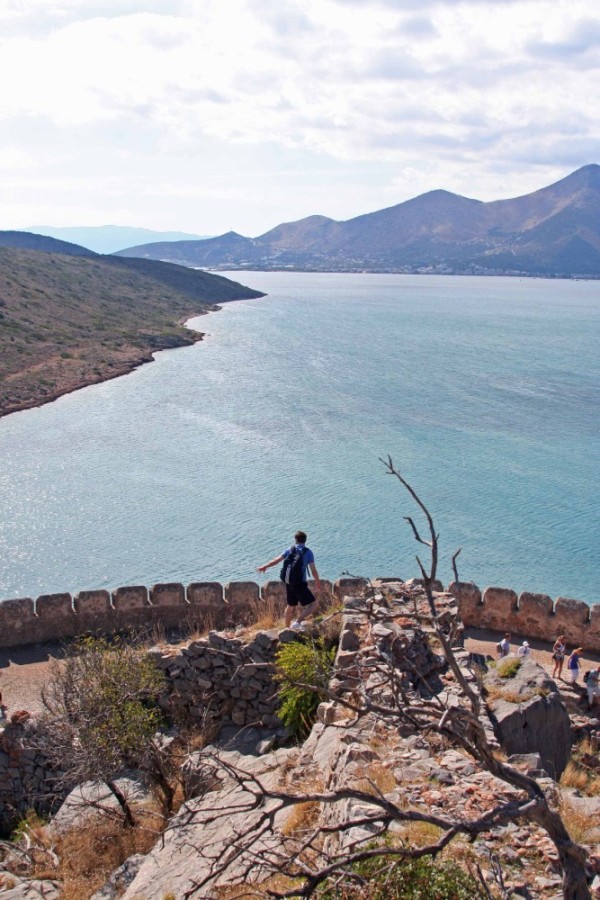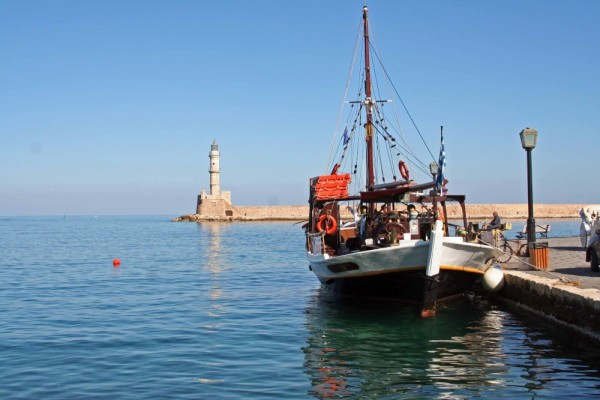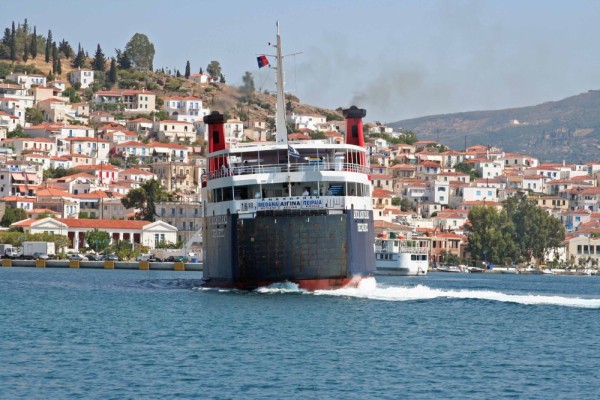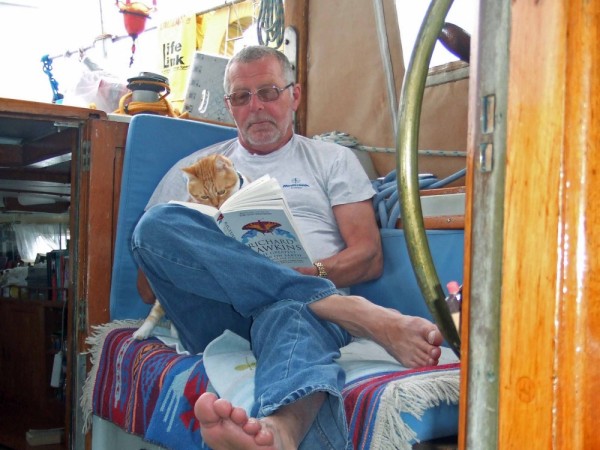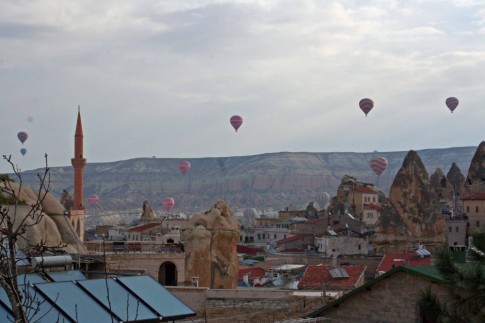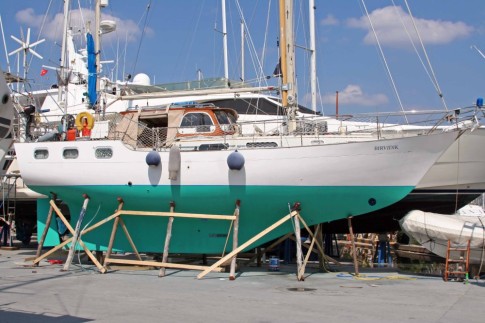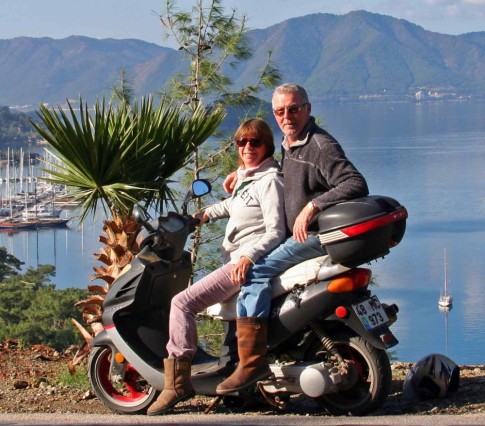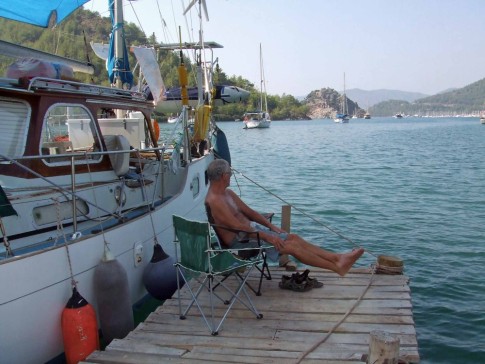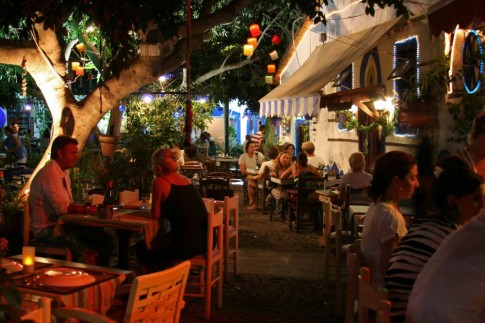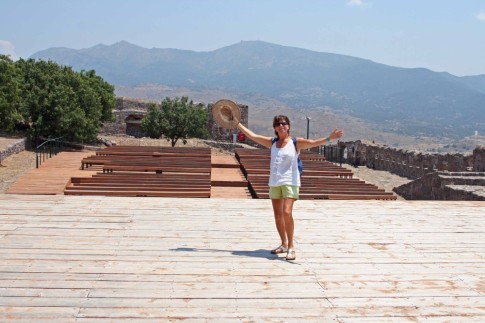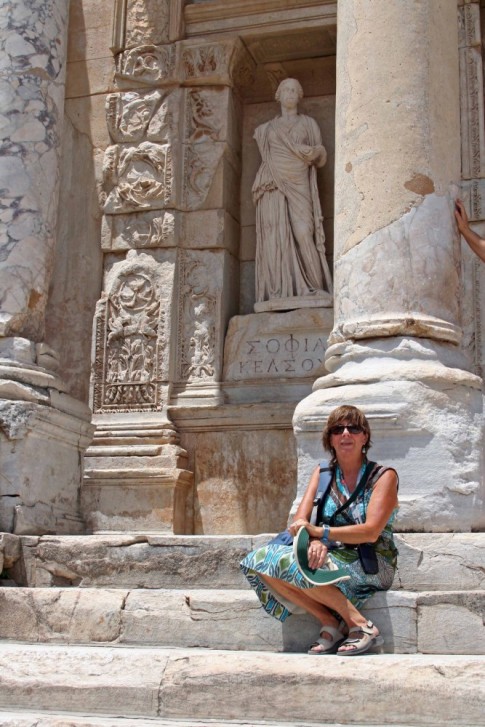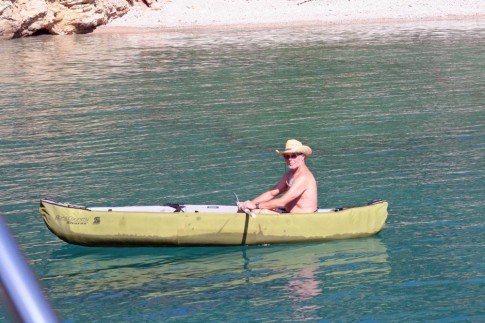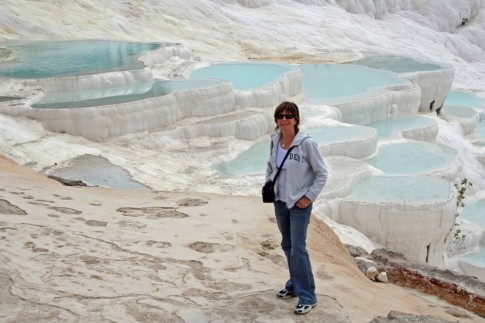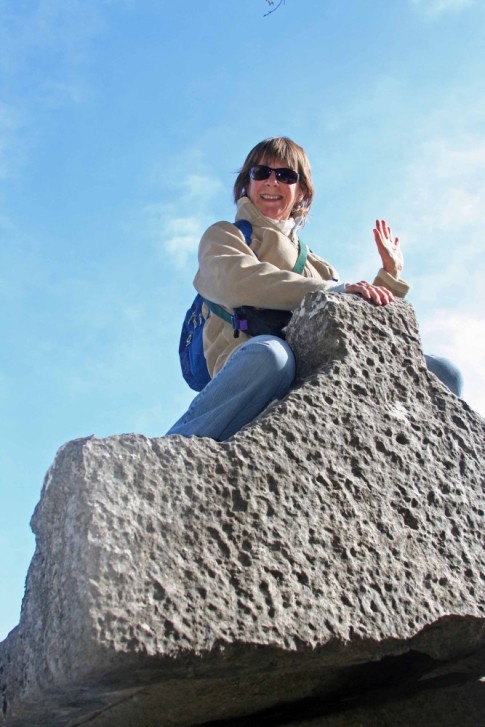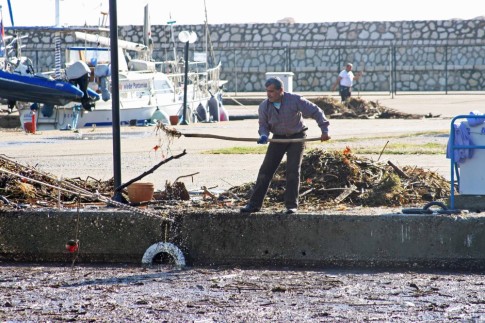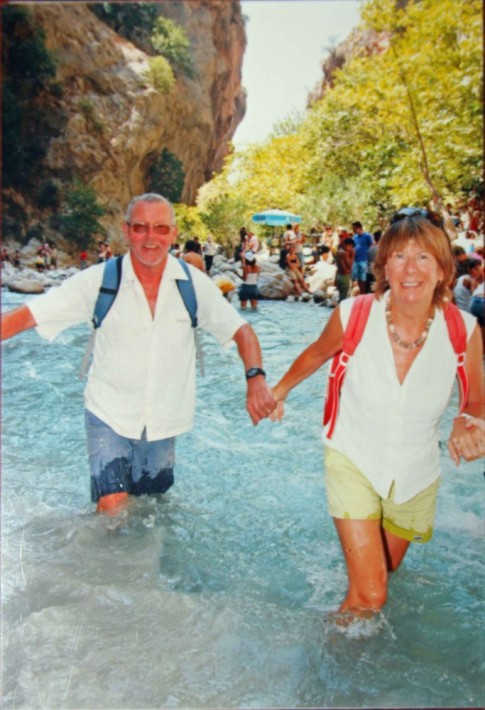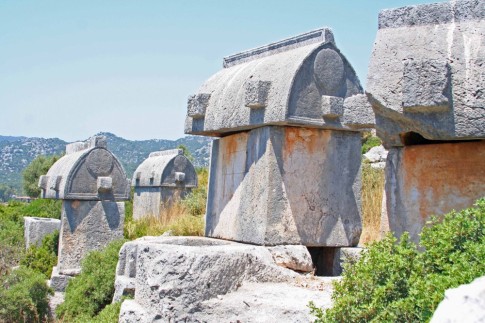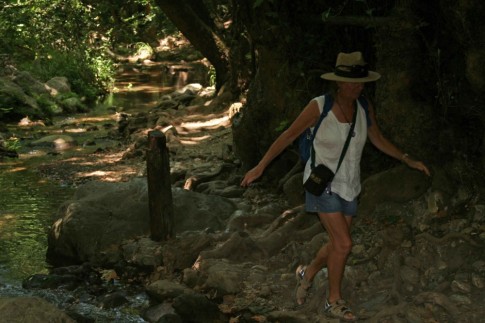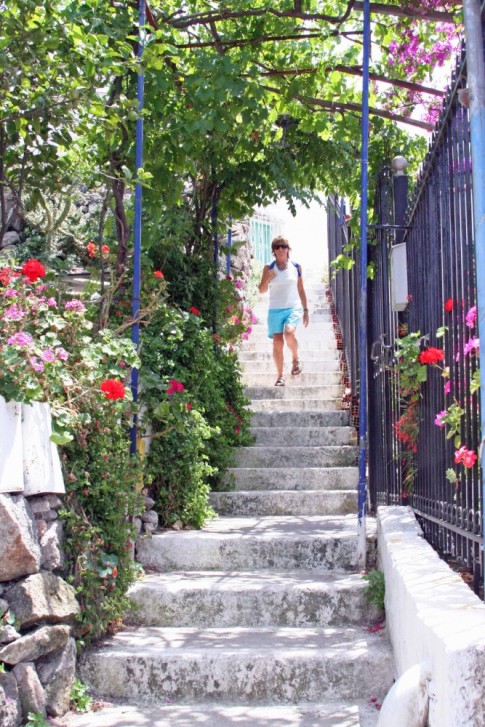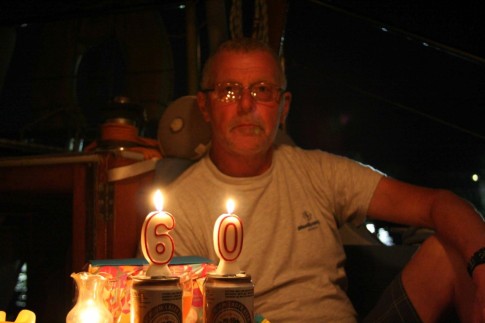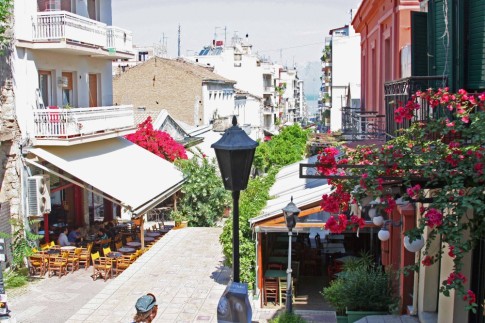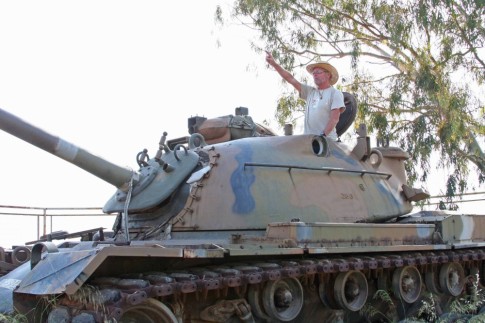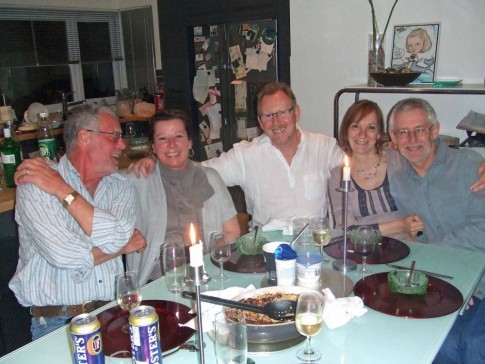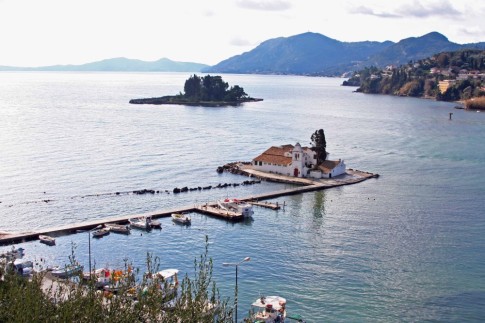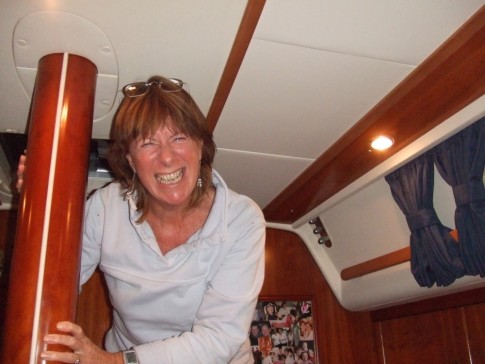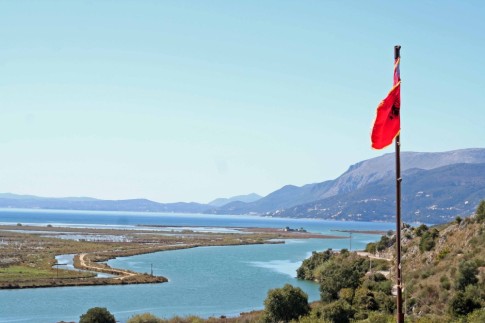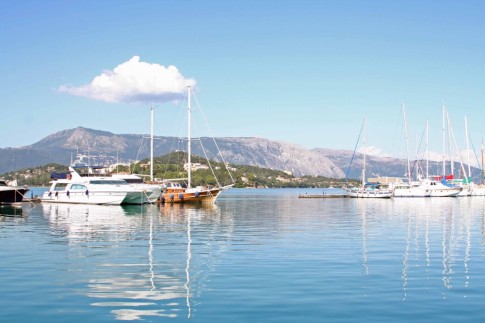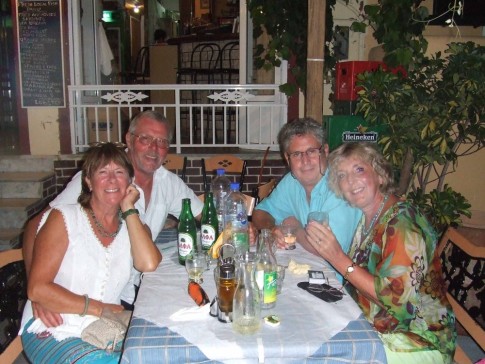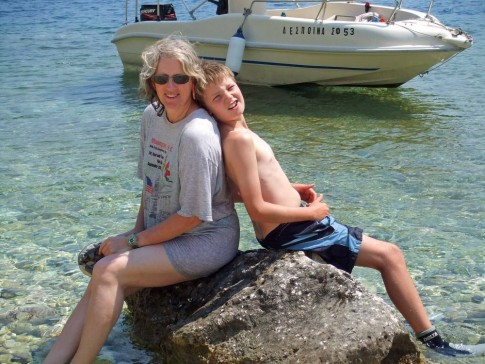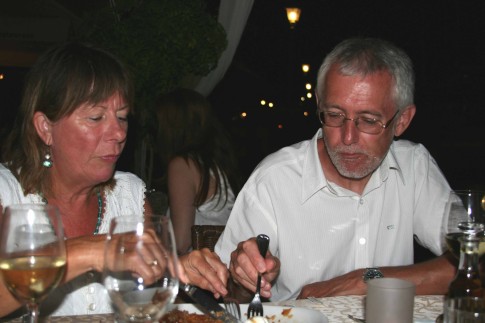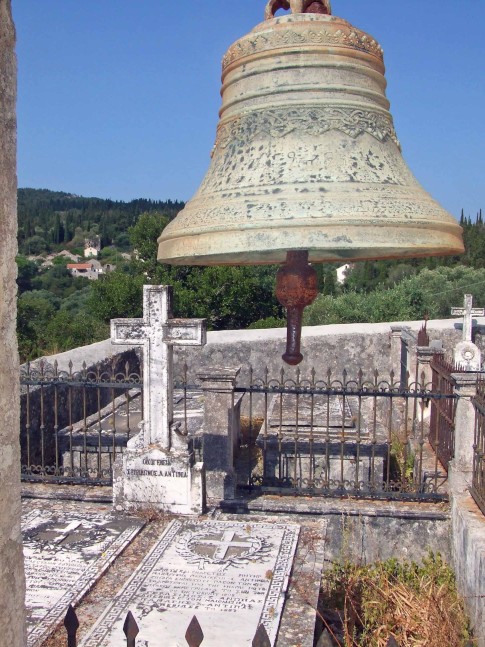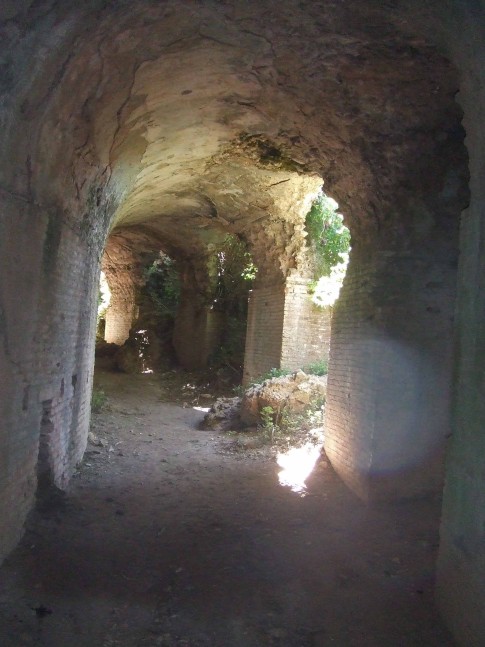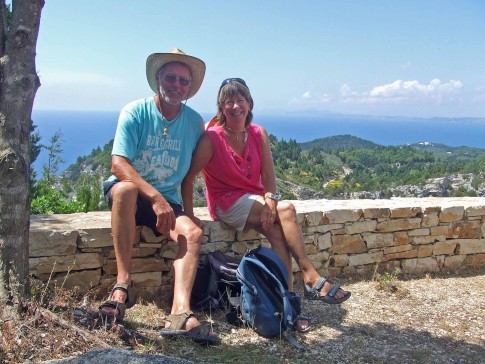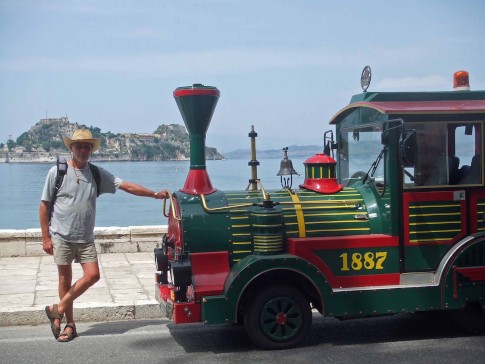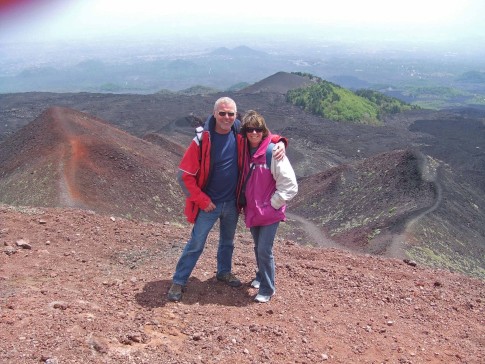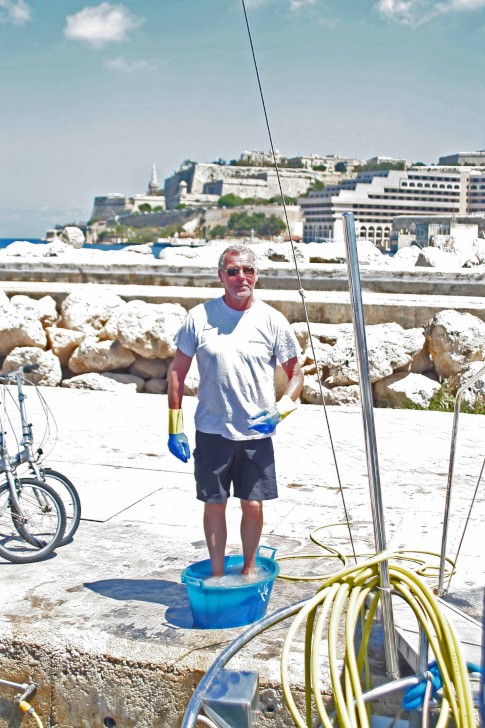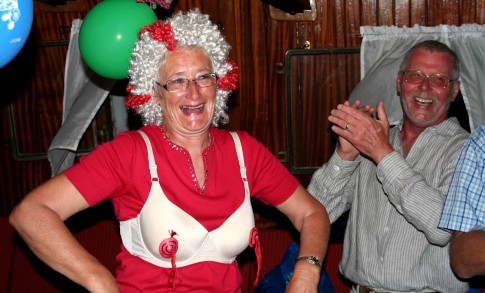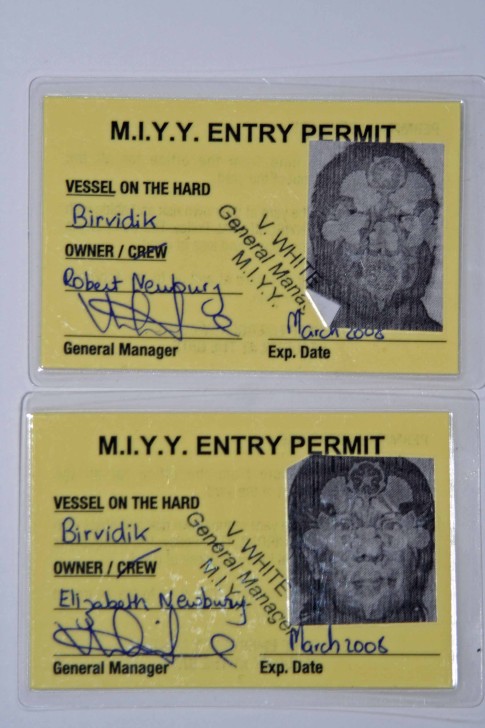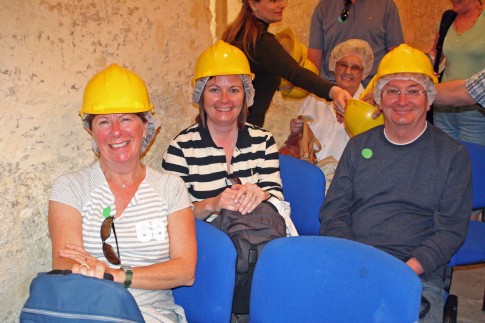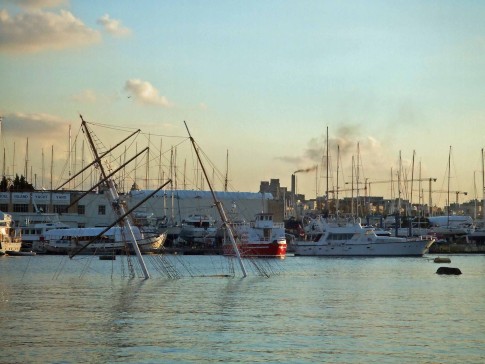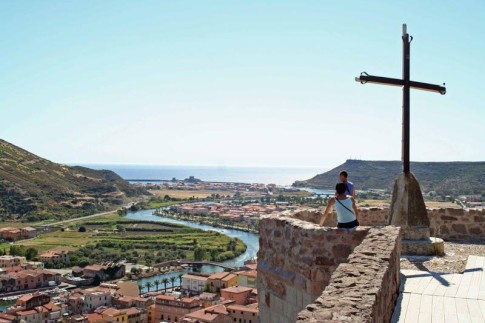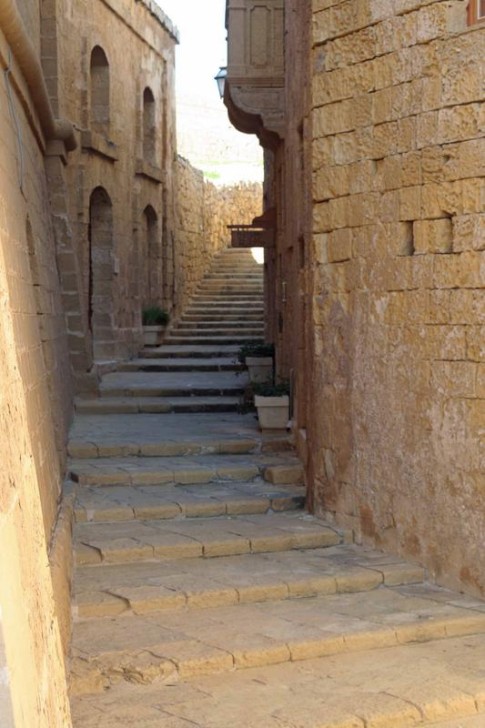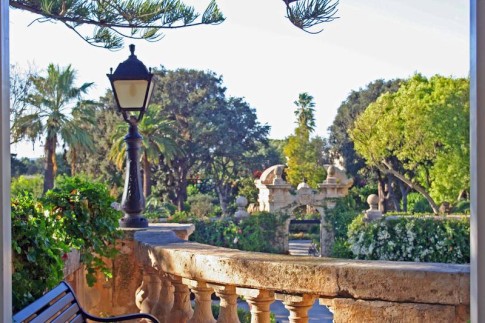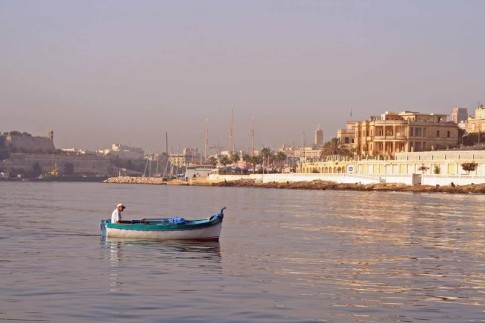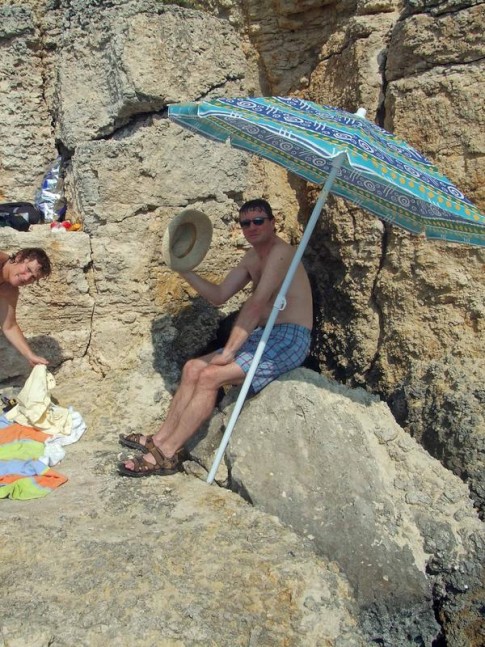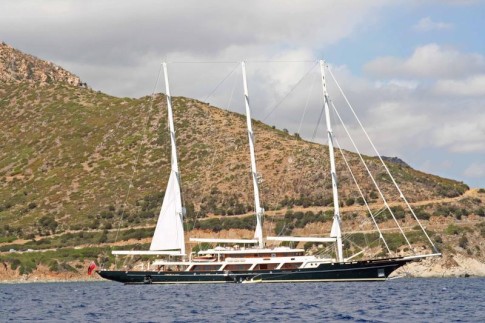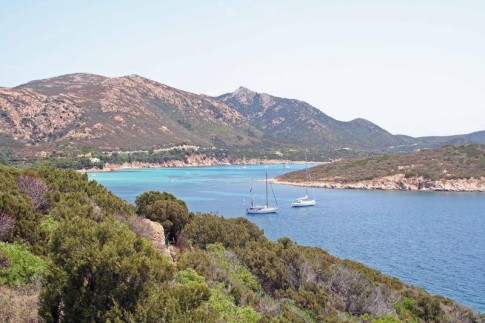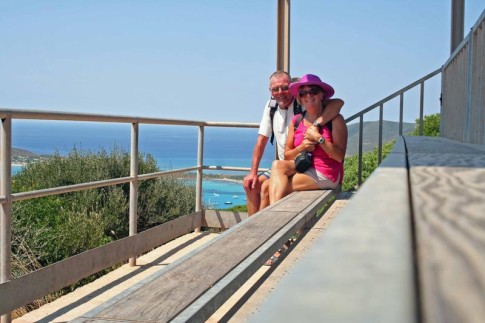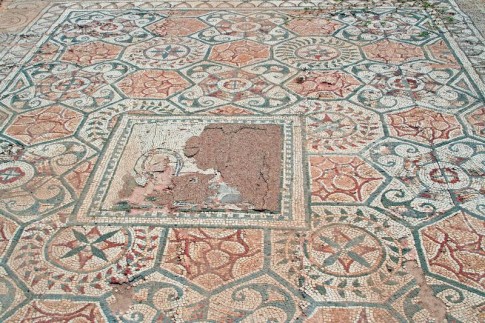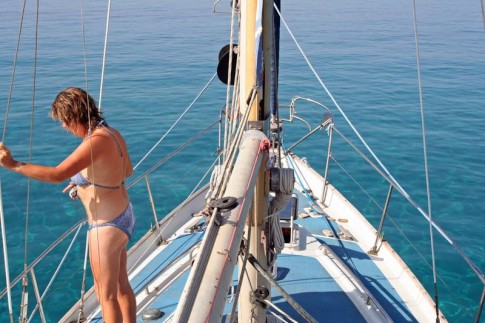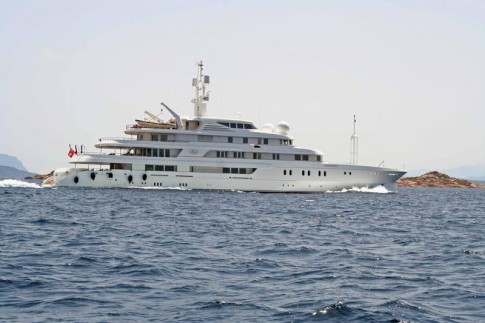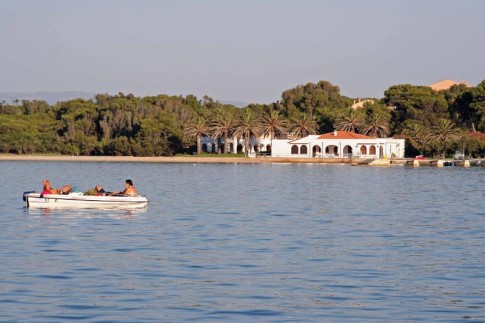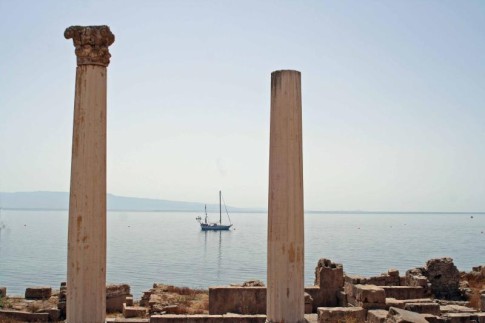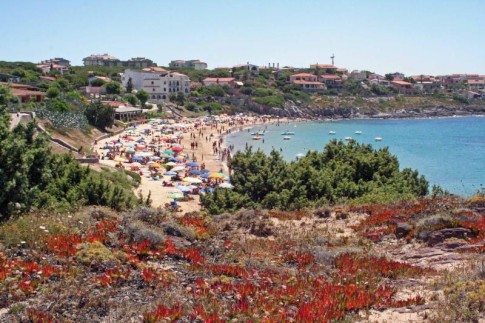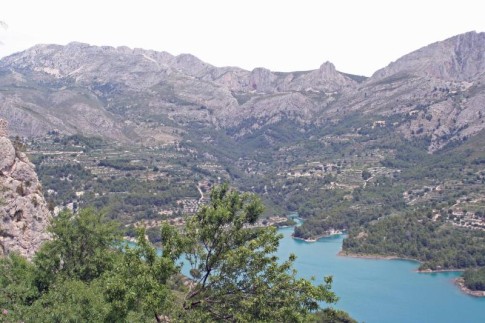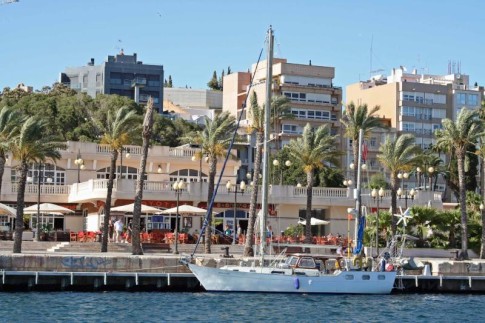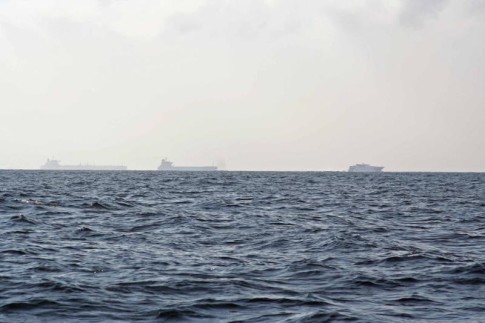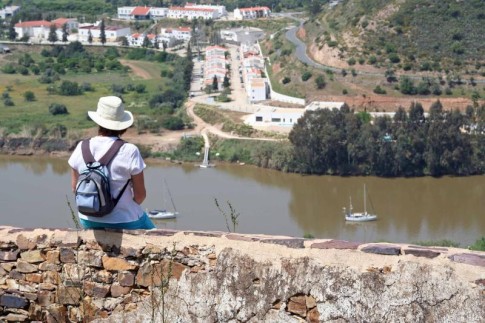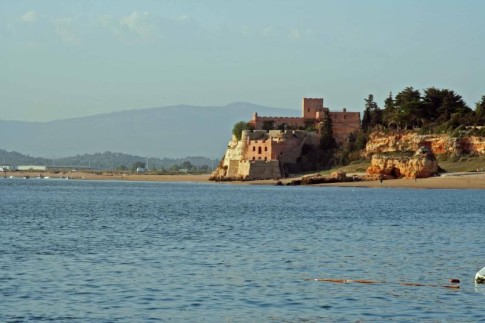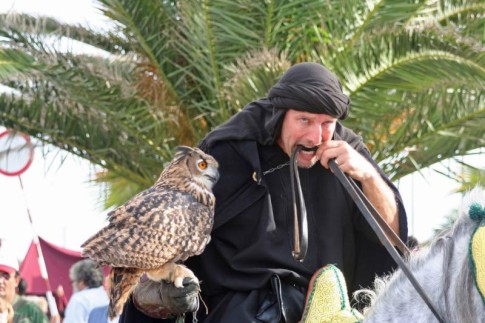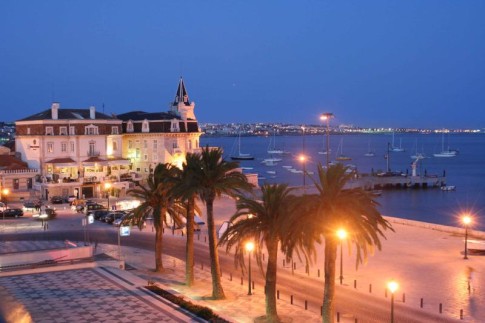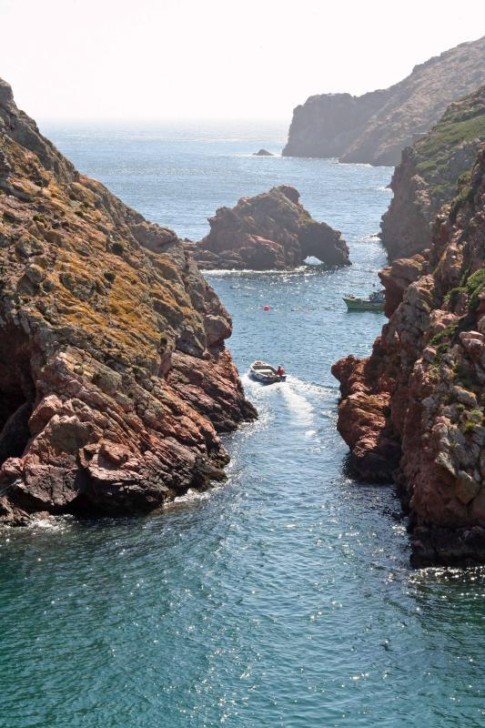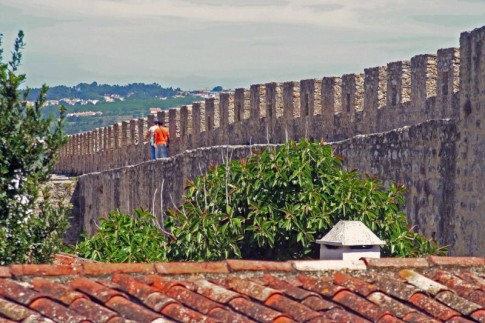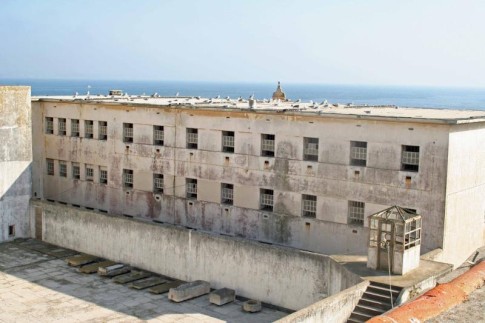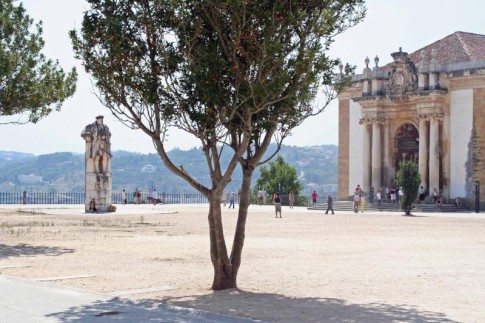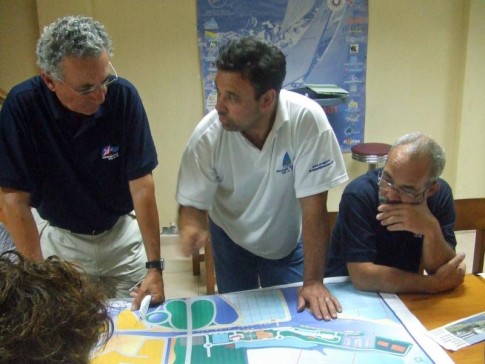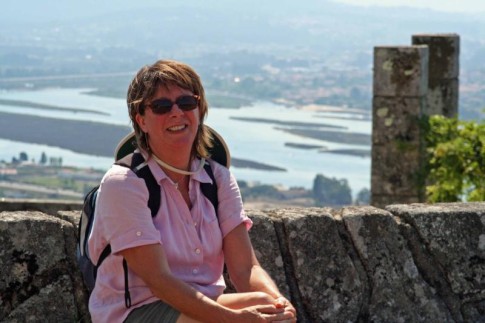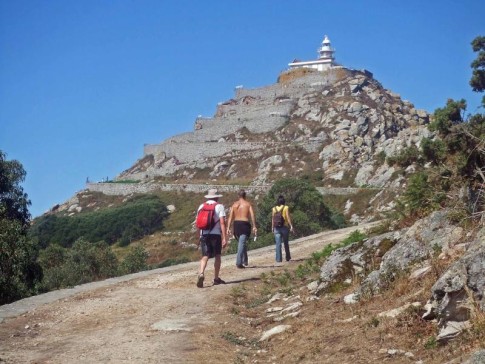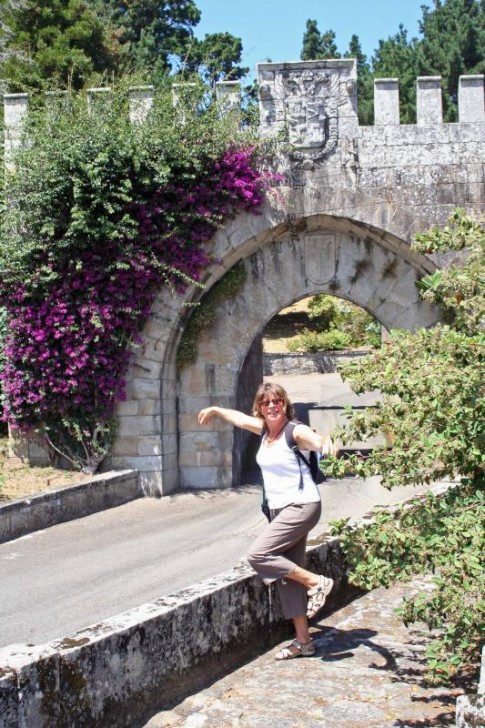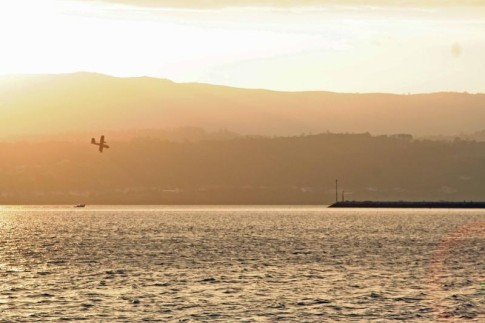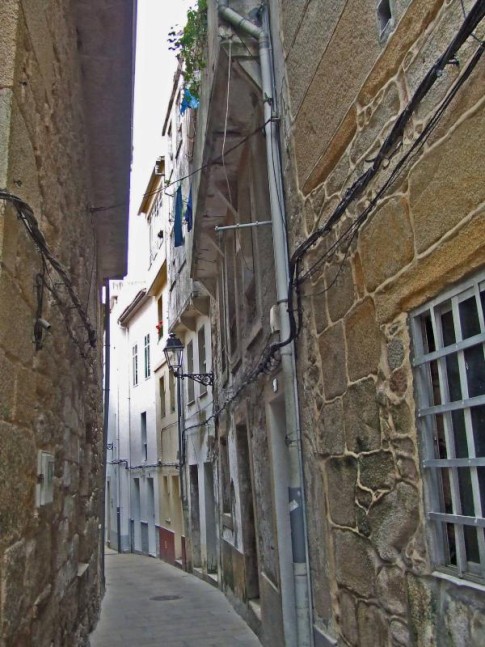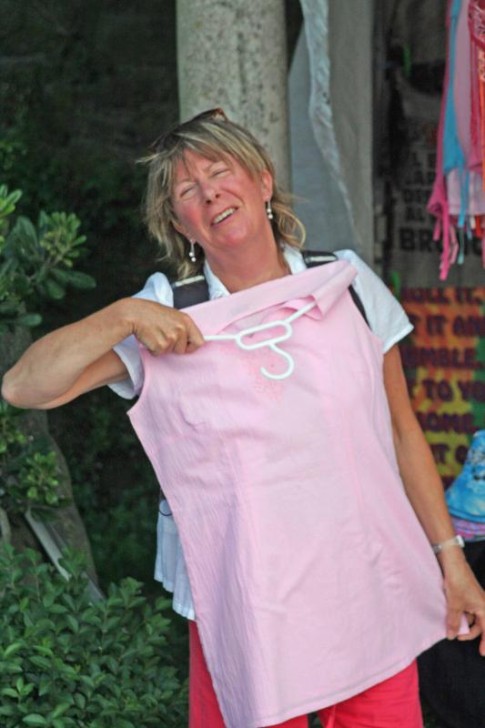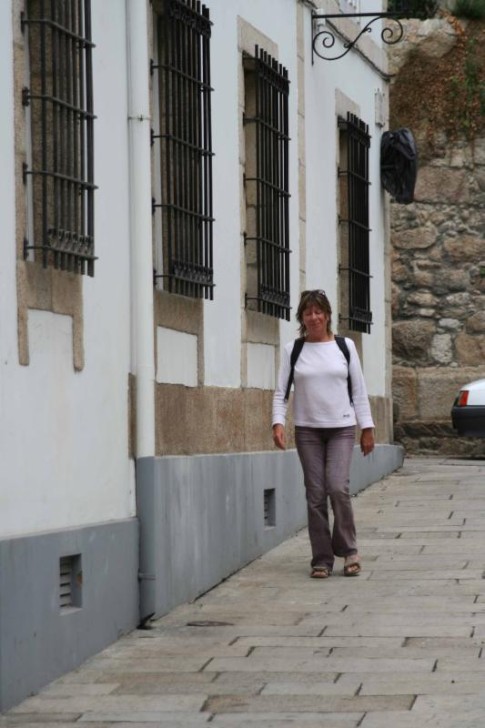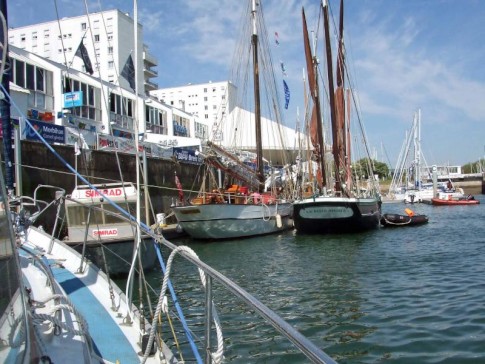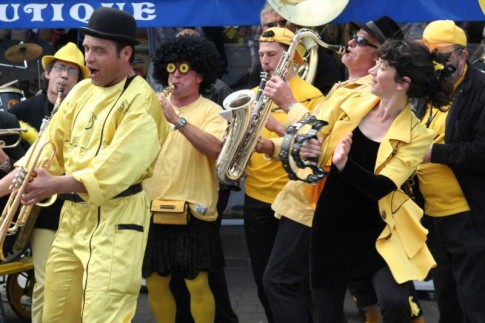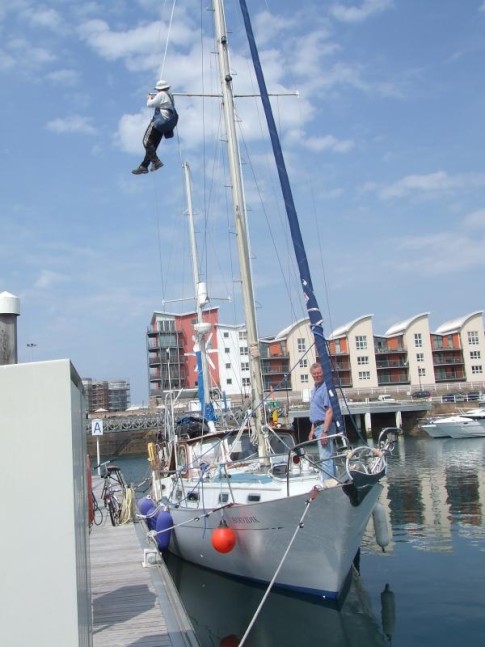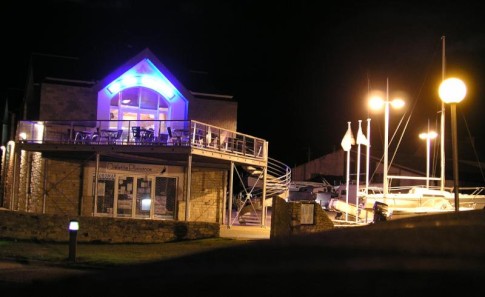Birvidik
| Vessel Name: | Birvidik |
| Vessel Make/Model: | Victory 40 |
| Hailing Port: | Jersey C.I. |
| Crew: | Bob Newbury |
| About: | Liz Newbury |
| Extra: | 11 years into a 10 year plan, but we get there in the end. |
24 December 2023
22 November 2023 | Here I am, stuck in the middle with you.
14 August 2023 | A farce in three acts.
14 August 2023 | Sliding Doors
14 August 2023 | The Game Commences
14 August 2023 | or
11 March 2023 | Joseph Heller, eat your heart out.
24 December 2022
26 August 2022 | or 'French Leave'
03 August 2022 | or 'Fings ain't the way they seem'
18 June 2022 | or Desolation Row
22 March 2022 | or "Every Form of Refuge Has its Price
22 March 2022
28 October 2021 | and repeat after me - "Help Yourself"
23 September 2021 | Warning - Contains strong language and explicit drug references
23 September 2021 | or Everything's Going to Pot
04 September 2021 | or Out of my league
27 August 2021 | or 'The Whine of the Ancient Mariner
16 August 2021 | Found in marina toilet, torn into squares and nailed to door.
06 August 2021 | or 'The Myth of Fingerprints'
Recent Blog Posts
22 November 2023 | Here I am, stuck in the middle with you.
Clowns to the left of me, Jokers to the right
As a fully paid-up Guardianista, I am fully aware that blanket, stereotypic statements along the lines of:
The best laid plans....
09 February 2018

Sorry for the delay. I did get the op done in the end, but not as I originally (and naïvely) anticipated. The procedure, once it was eventually done, was an unqualified success, but it left my right arm hors de combat for a while. Attempting to operate a computer with just the left arm is tedious and time-consuming in the extreme, hence the delay in updating this blog.
Anyway, so much for forethought and planning. My confident prediction that I would end up getting the operation done cheaply and quickly in Spain (See 'Health & Efficiency') proved unfounded. My suspicions were aroused during the consultation with the orthopaedic surgeon. I appreciate that orthos are a special case in that whereas most surgeons think they're God, orthos know that they're God. Given this little professional foible, I'm willing to accept a degree of airy, facile condescension in my encounters with them*.
This guy, though, took the biscuit. Any question or concern that I raised elicited a standard response of a dismissive wave of the hand, a long-suffering sigh and a barely concealed snort. The implication was that such weighty matters were beyond the ken of mere mortals such as patients and should be left to proper clever people, such as him. I suspect that the concept of informed consent had passed him by.
I also suspected that his attitude was partially a result of a somewhat fragile ego. This was reinforced by his bristling reaction to my asking how many of these procedures he had done, given that his website indicated that his specialism was spinal surgery rather than upper limb and shoulder. Queries such as this were obviously considered particularly glaring examples of lèse-majesté, as were questions on the staffing ratios and standard of care of the private hospital in which the op was to be performed; matters that had prompted several comments in reviews, as had suspicions of bumping up the price with unnecessary tests.
What really put the tin hat on it, though, was his response to my questions on the anaesthetics to be used and possible complications and side effects. Now, I appreciate that he's not an anaesthetist and I wouldn't have expected a surgeon to be au fait with the finer details of poisoning the patient to within an inch of his life (preferably without finishing him off completely). I would, however, expect him to have a rough idea of the usual anaesthetic procedure; you know, something along the lines of whether there would be a spinal block or which anaesthetic was normally employed.
Instead, he blustered, distracted and prevaricated. In the end, he suggested halothane, chloroform or ether as possibilities. Halothane has been under a cloud since the 1980s, mainly due to concerns about liver damage and sometimes fatal cardiac arrhythmias. It looks positively benign though in comparison to the other two. Chloroform is nastily toxic, especially to the heart, and frequently causes fatal fibrillation. It hasn't been used as an anaesthetic since the 1930s. Ether, although slightly less toxic than chloroform poses a serious risk of fire and explosion, especially when it is mixed with oxygen; which is almost always in the case of anaesthesia. It went out of use in the developed world shortly after chloroform. Either the surgeon was covering up for his ignorance or he'd accidentally fallen into a wormhole and been transported here from the late 1800s. Thank Christ he wasn't in charge of the clap clinic. If he were he'd probably have been prescribing tincture of mercury and arsenic enhanced by blowing tobacco smoke up the patient's arse.
My enthusiasm for getting this op done in Spain was waning rapidly. It wasn't helped by the discovery that the incidence of patients waking up on the table was even higher in Spain than it was in China, which was one of the most notoriously iffy countries in that department.
My mind was pretty well made up at this stage but he had yet to play his trump card. I asked how much the procedure would cost in all. "Between 6000 and 12000 euros", he replied. That was enough for me. If laughing-boy here said 6 - 12K you can bet the graduate debt of an entire medical faculty that it'd be as near to 12K as makes no difference. Previous investigations had indicated that having it done in Jersey would have cost around five to six thousand quid, including flights. I impersonated a News of the World reporter and made my excuses and left.
Jersey it was then.
In the interests of not overtaxing the already somewhat limited attention spans of our readers, the full, gory description of developments in Jersey will be recounted in the next, unedifying, entry.
* There are, of course, the odd exceptions to this rule and one or two orthos do bear a passing and superficial similarity to normal human beings. You know who you are JP. You may affect an air of normality but I'm on to you.
Anyway, so much for forethought and planning. My confident prediction that I would end up getting the operation done cheaply and quickly in Spain (See 'Health & Efficiency') proved unfounded. My suspicions were aroused during the consultation with the orthopaedic surgeon. I appreciate that orthos are a special case in that whereas most surgeons think they're God, orthos know that they're God. Given this little professional foible, I'm willing to accept a degree of airy, facile condescension in my encounters with them*.
This guy, though, took the biscuit. Any question or concern that I raised elicited a standard response of a dismissive wave of the hand, a long-suffering sigh and a barely concealed snort. The implication was that such weighty matters were beyond the ken of mere mortals such as patients and should be left to proper clever people, such as him. I suspect that the concept of informed consent had passed him by.
I also suspected that his attitude was partially a result of a somewhat fragile ego. This was reinforced by his bristling reaction to my asking how many of these procedures he had done, given that his website indicated that his specialism was spinal surgery rather than upper limb and shoulder. Queries such as this were obviously considered particularly glaring examples of lèse-majesté, as were questions on the staffing ratios and standard of care of the private hospital in which the op was to be performed; matters that had prompted several comments in reviews, as had suspicions of bumping up the price with unnecessary tests.
What really put the tin hat on it, though, was his response to my questions on the anaesthetics to be used and possible complications and side effects. Now, I appreciate that he's not an anaesthetist and I wouldn't have expected a surgeon to be au fait with the finer details of poisoning the patient to within an inch of his life (preferably without finishing him off completely). I would, however, expect him to have a rough idea of the usual anaesthetic procedure; you know, something along the lines of whether there would be a spinal block or which anaesthetic was normally employed.
Instead, he blustered, distracted and prevaricated. In the end, he suggested halothane, chloroform or ether as possibilities. Halothane has been under a cloud since the 1980s, mainly due to concerns about liver damage and sometimes fatal cardiac arrhythmias. It looks positively benign though in comparison to the other two. Chloroform is nastily toxic, especially to the heart, and frequently causes fatal fibrillation. It hasn't been used as an anaesthetic since the 1930s. Ether, although slightly less toxic than chloroform poses a serious risk of fire and explosion, especially when it is mixed with oxygen; which is almost always in the case of anaesthesia. It went out of use in the developed world shortly after chloroform. Either the surgeon was covering up for his ignorance or he'd accidentally fallen into a wormhole and been transported here from the late 1800s. Thank Christ he wasn't in charge of the clap clinic. If he were he'd probably have been prescribing tincture of mercury and arsenic enhanced by blowing tobacco smoke up the patient's arse.
My enthusiasm for getting this op done in Spain was waning rapidly. It wasn't helped by the discovery that the incidence of patients waking up on the table was even higher in Spain than it was in China, which was one of the most notoriously iffy countries in that department.
My mind was pretty well made up at this stage but he had yet to play his trump card. I asked how much the procedure would cost in all. "Between 6000 and 12000 euros", he replied. That was enough for me. If laughing-boy here said 6 - 12K you can bet the graduate debt of an entire medical faculty that it'd be as near to 12K as makes no difference. Previous investigations had indicated that having it done in Jersey would have cost around five to six thousand quid, including flights. I impersonated a News of the World reporter and made my excuses and left.
Jersey it was then.
In the interests of not overtaxing the already somewhat limited attention spans of our readers, the full, gory description of developments in Jersey will be recounted in the next, unedifying, entry.
* There are, of course, the odd exceptions to this rule and one or two orthos do bear a passing and superficial similarity to normal human beings. You know who you are JP. You may affect an air of normality but I'm on to you.
Comments
Birvidik's Photos - Birvidik (Main)
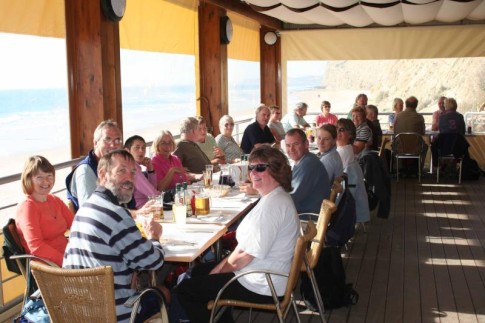 |
A selection of the myriad photographs taken over the 6 months in Lagos
37 Photos
Created 22 May 2007
|






